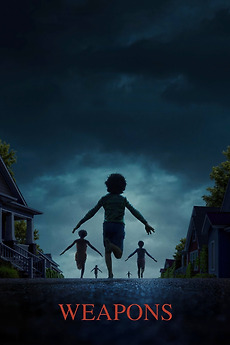The fear of coming forward

TifAni Fanelli the protagonist of Luckiest Girl Alive, played by Mila Kunis.
On September 30th, Luckiest Girl Alive, a film based on Jessica Knoll’s novel of the same name, was released. The movie made its way to the top of Netflix’s most-watched list and attracted a great deal of attention on social media. Despite critics’ mixed reviews, the film brings to light a prominent issue we face today: the fear sexual assault victims experience when coming forward.
The main character TifAni Fanelli, played by Mila Kunis, is a victim of sexual assault who never received justice. Viewers learn of the sexual harassment she faced in high school and the traumatic rape she experienced. TifAni wants to share her story but struggles to gain the confidence to do so.
This is sadly common when it comes to victims of rape. Many women have experiences similar to TifAni’s. Not only are their experiences similar, but so is their fear of coming forward. TifAni fears being judged and ridiculed, along with the reality of facing her attacker. Fears like these prevent hundreds of thousands of cases from being addressed. Rape, Abuse & Incest National Network, an American anti-sexual assault organization, reported that out of every 1,000 sexual assaults, 975 perpetrators will walk free. Only 310 of these assaults will be reported, and merely 25 perpetrators will be incarcerated.
Throughout the film, TifAni repeatedly shows her fear of confronting her rapist. Facing him forces her to relive the suffering she experienced, as it does for many victims. From facing their attacker in court to writing an account of their experience, victims are forced to relive extreme trauma and pain. This can make coming forward daunting to victims, and often is the reason they choose to stay silent.
At times, the result of a case depends on a victim’s participation. Though a victim of a sexual assault or domestic violence can never be required to testify, their testimony can be the difference between a conviction and an acquittal. If victims come forward months or even years after their assault, crucial evidence like fingerprints or DNA can no longer be collected. Cases don’t solely rely on physical evidence, but without it, assault is much more difficult to prove. When physical evidence cannot be collected a victim’s voice and testimony become much more necessary.
Fears that victims experience are incredibly difficult to alleviate. Facing the person who violated you will always be difficult, but through support and assistance, we can help victims feel more comfortable doing so. Though it may seem these changes will be difficult to make, recognizing how fear can affect a victim will help move towards change and can make a big difference. The execution of the film is irrelevant, what matters is the fact that we are representing victims and the effects of sexual assault in the media. Through this film, viewers are able to see the many aspects that can affect willingness to come forward. Luckiest Girl Alive is a perfect example of why showing victims empathy and kindness is so important.

Gracyn Ard is entering her senior year at Monte Vista and her second year on The Stampede. She is looking...





